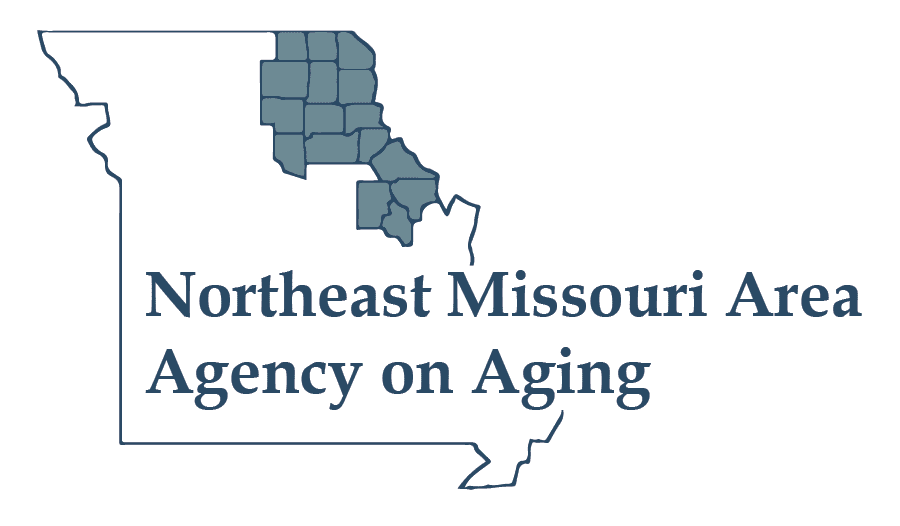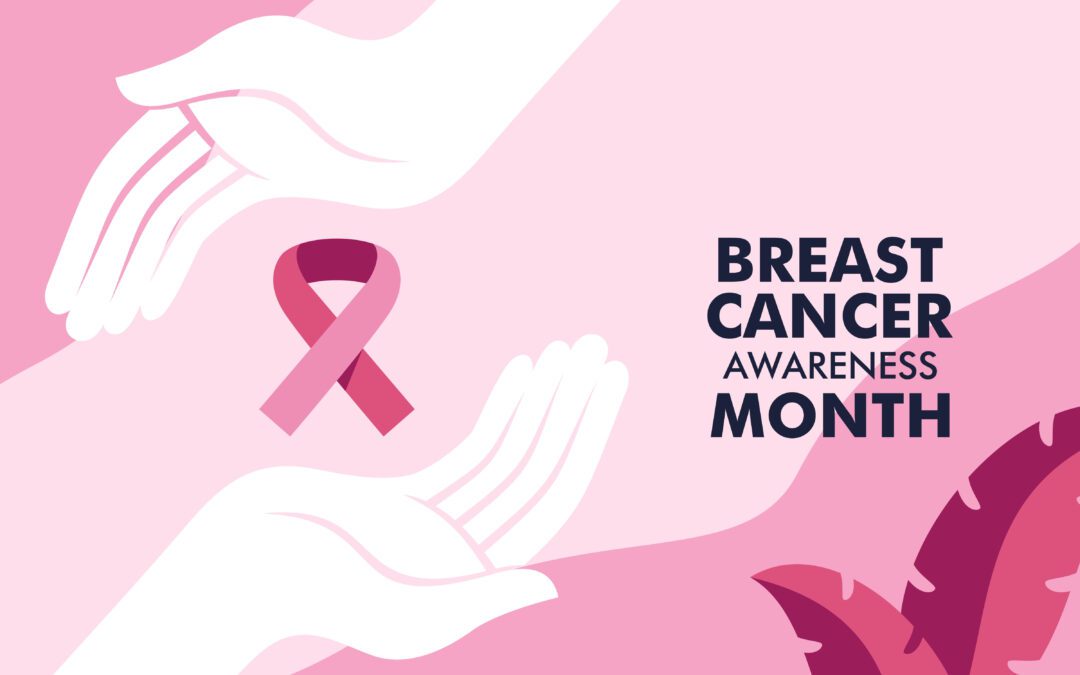Did you know that the average age of women diagnosed with breast cancer in the U.S. is 62? With that being said, Breast Cancer Awareness Month, observed every October, provides a powerful reminder of the importance of early detection and education regarding breast cancer, especially among senior women.
Identifying the Causes of Breast Cancer
Breast cancer occurs when cancer cells form in the tissues of the breast. It can develop for various reasons, with age being a significant factor. As women get older, their risk increases. Other factors include genetics, family history, and lifestyle choices.
Discussing your risks with your healthcare provider can provide valuable insights. They can guide you on lifestyle changes that may lower your risk and help you monitor your overall health effectively. Knowledge is power, and being proactive is key to your well-being.
Signs and Symptoms to Watch For
Awareness also means recognizing the signs and symptoms of breast cancer. Early detection can make a difference. Common symptoms include:
- A lump in the breast or underarm
- Changes in breast shape or size
- Unexplained swelling or redness
If any of these signs appear, consult a healthcare professional quickly.
Be Breast Aware
When breast cancer is caught in its earliest, localized stages, the 5-year relative survival rate is 99%. Being breast aware and regular self-exams and screenings help detect changes early, leading to longer, healthier lives.
Self-examinations allow you to become familiar with how your breasts normally feel. By performing these monthly, you can more easily spot any changes. While this is important for women, men should also stay vigilant, especially as they get older.
Most male breast cancer cases are found after the age of 50, and although it’s rare, men can develop breast cancer too. Checking for lumps, changes in breast tissue, or any unusual symptoms is just as crucial for men.
Mammograms are a powerful tool for early detection of breast cancer and maintaining breast health. These specialized X-rays can detect breast cancer before symptoms appear, increasing the chance of early diagnosis. While mammograms are primarily for women, men at higher risk should also discuss their options with healthcare providers.
No One Should Face Breast Cancer Alone
This year’s theme from the World Health Organization, “no one should face breast cancer alone,” resonates deeply, especially for older adults. Facing a breast cancer diagnosis can be overwhelming, and no one should navigate this journey alone.
Awareness is everything when it comes to breast cancer. For older adults, having a caregiver or utilizing in-home services can provide basic support. Caregivers can help with regular self-exams, provide timely medical appointments, and offer emotional support during challenging times.
Moreover, a strong support network can alleviate feelings of isolation and anxiety. Whether through conversations or shared experiences, you don’t have to face this journey by yourself. Together, we can advocate for better health and well-being.
Other Notable Events
October also highlights the Alzheimer’s Association Walk, which raises awareness and funds for Alzheimer’s care and research, and Ombudsman Month, recognizing advocates who protect seniors’ rights in long-term care facilities. Both events offer valuable opportunities for seniors and their families to engage in community support.
Stay informed and supported on your breast health journey with our team at Northeast Missouri Area Agency on Aging. Learn about our in-home services and resources to help you and your loved ones. Contact us today!

